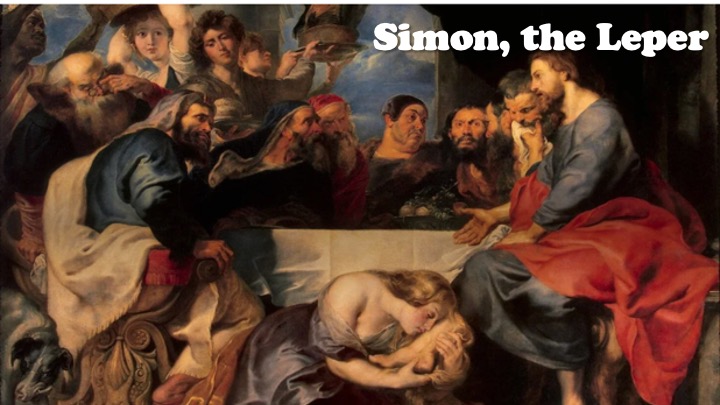Today’s episode explores the life and prophetic ministry of Isaiah, son of Amoz, during the late 8th to early 7th centuries BCE, a time marked by significant geopolitical shifts in the ancient Near East. Isaiah, potentially of royal lineage, prophesied in the Kingdom of Judah during the reigns of kings Uzziah, Jotham, Ahaz, and Hezekiah. His ministry coincided with the Assyrian Empire's dominance and the fall of the northern Kingdom of Israel in 722 BCE, deeply influencing his prophecies. Isaiah's messages often focused on social justice, religious reform, and national repentance, and his prophecies about the coming Messiah are central to Jewish eschatology.
In Jewish tradition, Isaiah is seen as one of the five messianic prophets, with Christians extending this list to include others like Zechariah and the psalmists. Isaiah's unique approach combined social critique with insights into God's holiness, and his eloquent poetry and rhetoric made his messages compelling. He is celebrated for his courage in delivering God’s judgment and call for repentance, profound understanding of theological concepts, and his title as the "Messianic Prophet," with many of his prophecies seen as fulfilled in Jesus Christ. Isaiah’s name, meaning “Salvation of the Lord,” encapsulates the themes of salvation and deliverance prevalent in his prophecies.

We continue with “Perspectives on Easter” – our series focused on the people who played both major and minor roles in the Easter narrative,...

We continue with “Perspectives on Easter” – our series focused on the people who played both major and minor roles in the Easter narrative,...

Mary reflects on the transformation of the stable, once a place of cold fear, now filled with the warmth and sounds of her baby,...